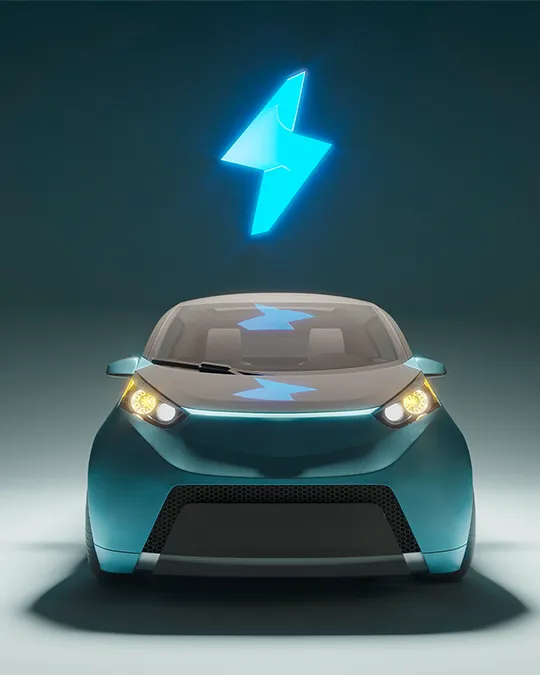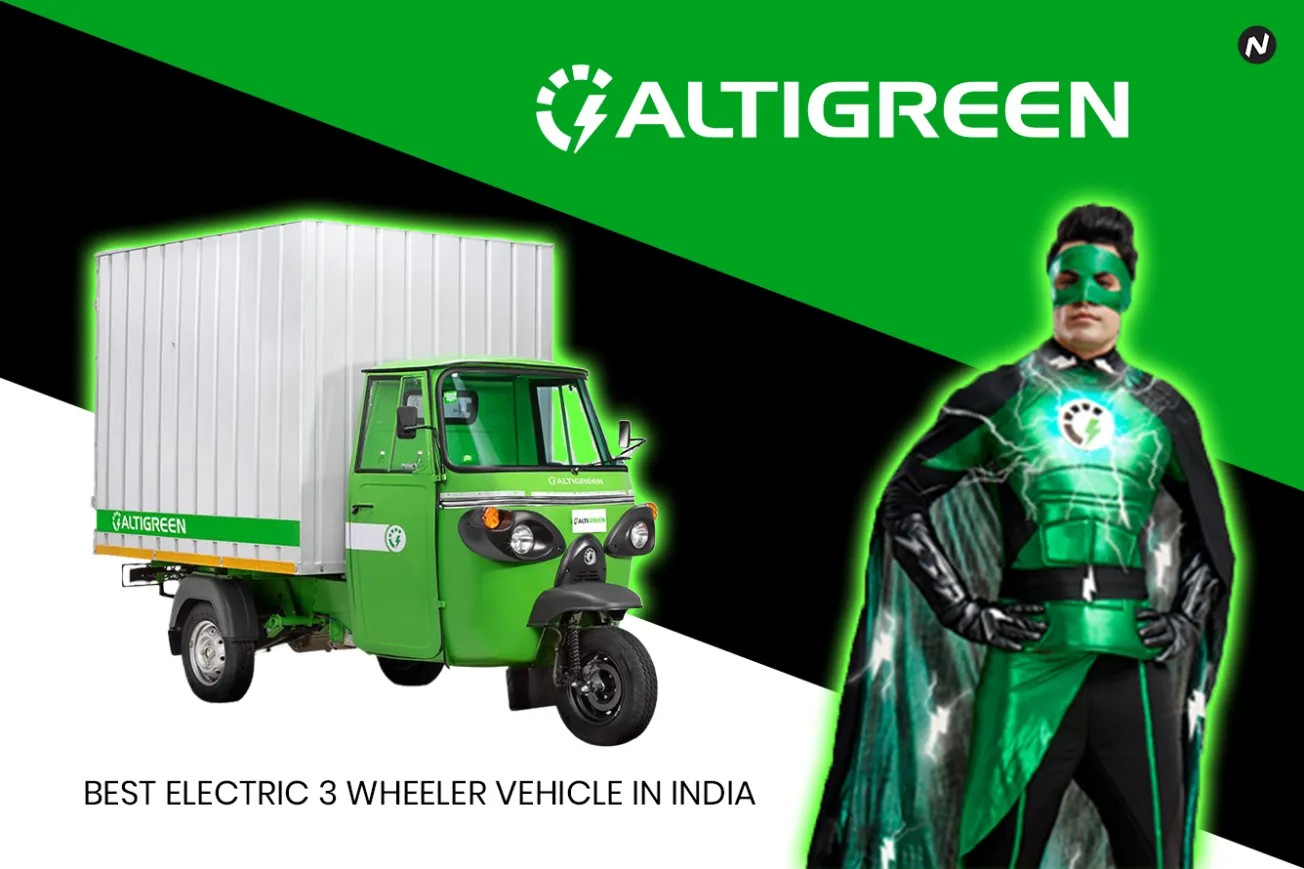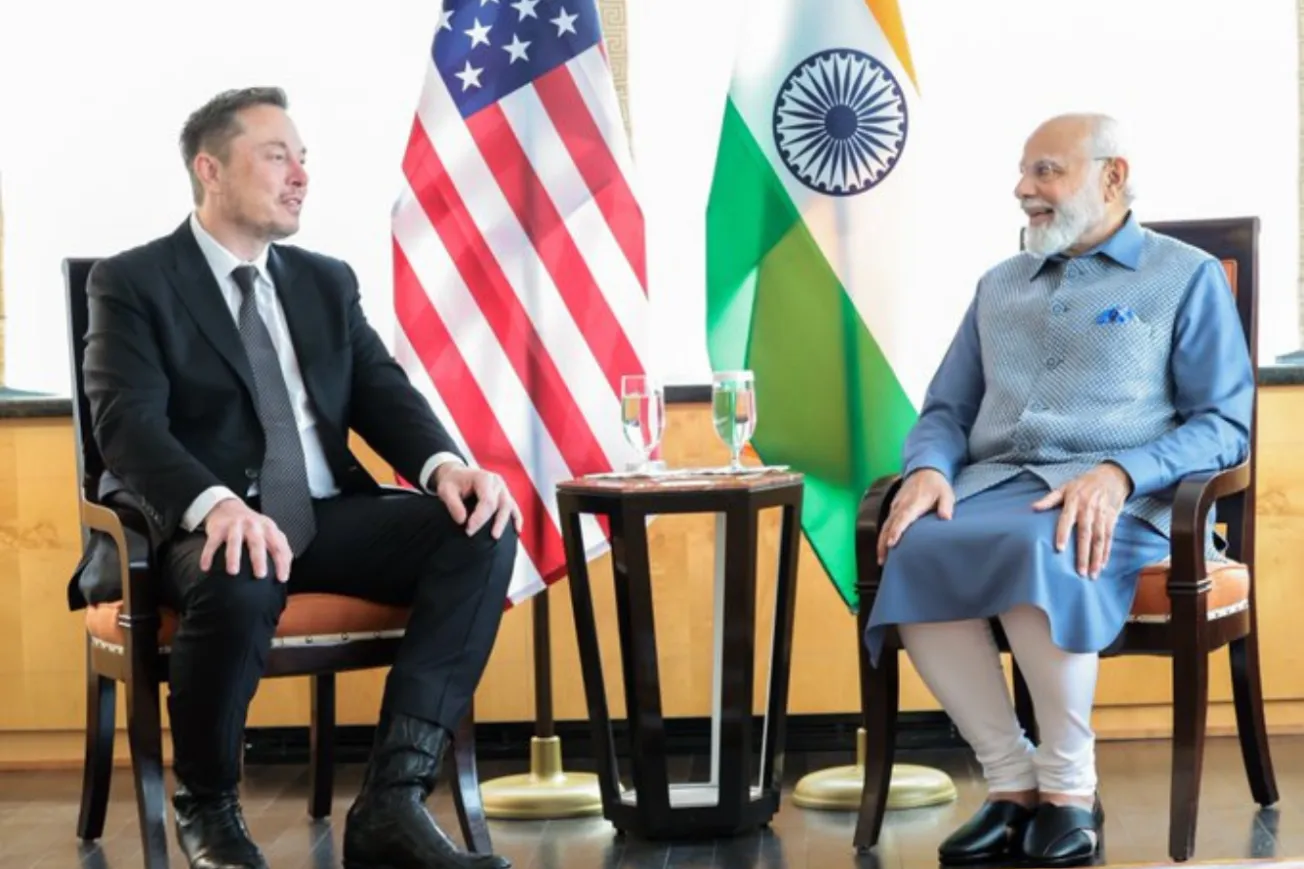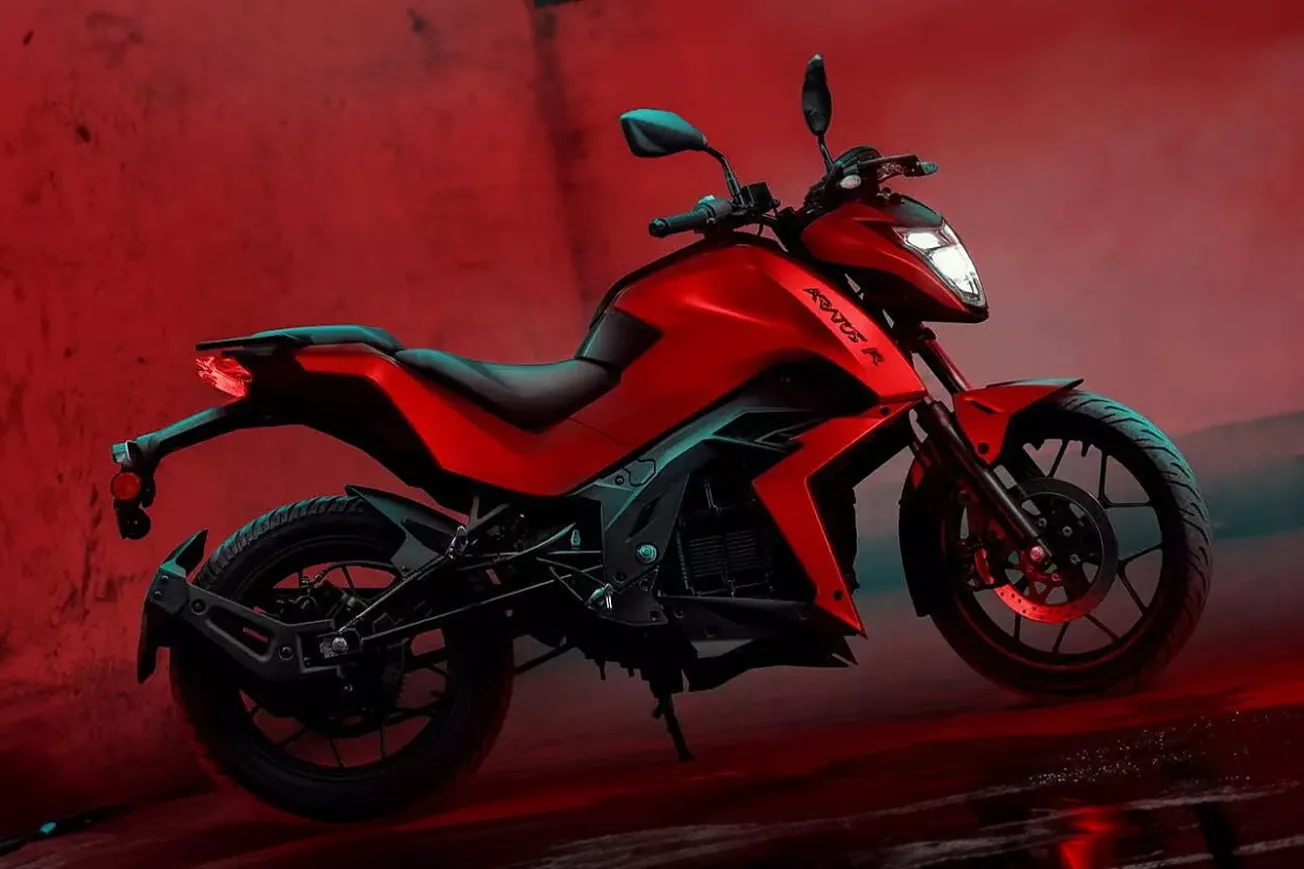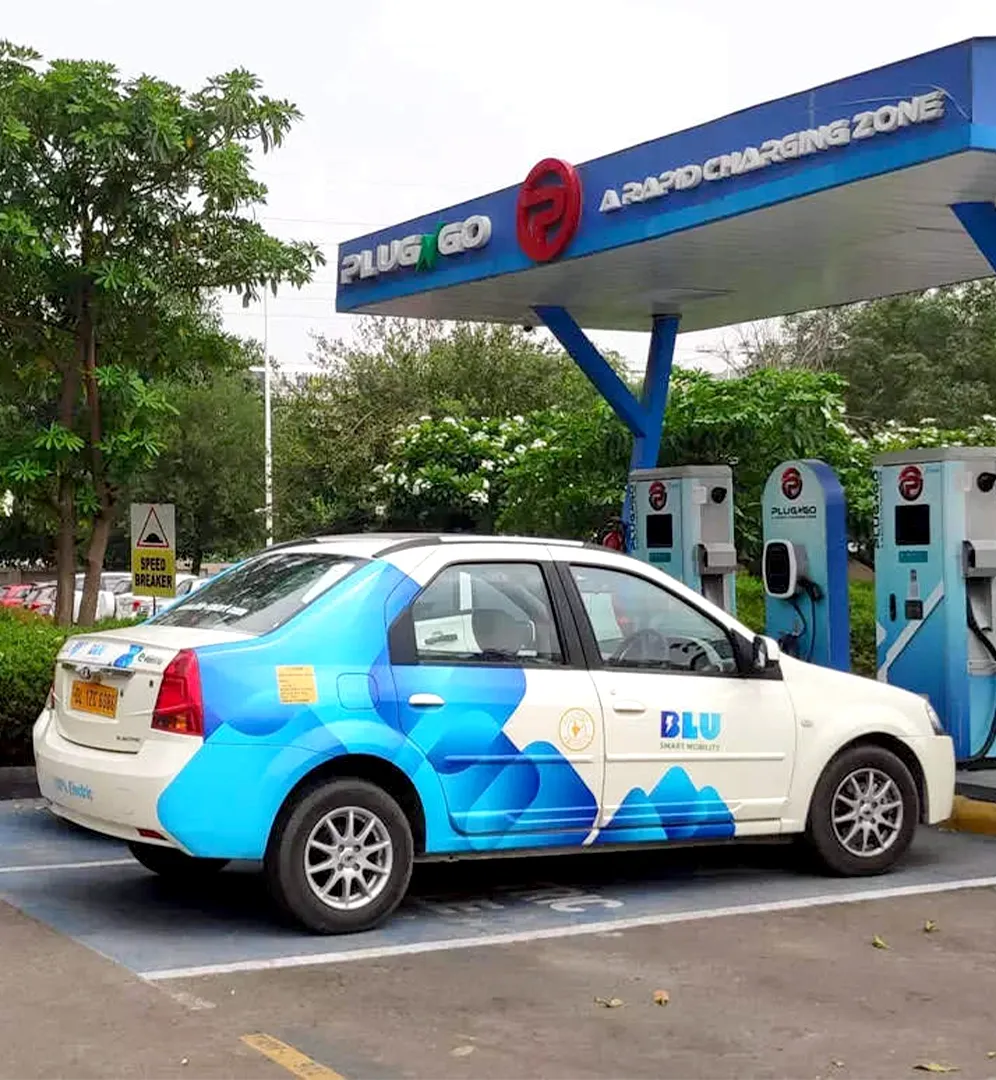- BluSmart Mobility is leading the charge in transforming transportation in India's metropolitan centres through its eco-friendly electric ride-hailing services.
- Founded in 2019, BluSmart is on a mission to rewrite the mobility narrative, offering efficient and sustainable solutions for a cleaner, healthier future.
- With a rapidly expanding fleet of electric cars and significant funding, the company is driving the future of electric vehicles in India, making them a primary mode of transport.
Revolutionary ideas often begin as novel concepts, but in the case of electric vehicles (EVs), what was once deemed experimental has now become the key to unlocking a sustainable future. The urgent need to reduce air pollution and manage growing carbon emissions has led to the emergence of EVs as a potent tool to change how we commute.
What is BluSmart Mobility?
A pioneering ride-sharing startup, BluSmart Mobility, has taken the lead in (quite literally) driving the nation towards an eco-friendly and intelligent means of transportation in the heart of India's teeming metropolitan centers.
BluSmart, founded in 2019 by Anmol Singh Jaggi, Punit K Goyal, and Puneet Singh Jaggi, is on a mission to rewrite the 'mobility narrative' by offering efficient, economical, and dependable electric vehicle services.
The company, India's first and leading all-electric ride-hailing mobility service, is more than a business; it's a trailblazer dedicated to improving Indian cities and making the globe a cleaner, healthier environment for future generations.
With sustainability being at the core of their operations, their vision is to help transform Indian cities by building a holistic and comprehensive electric on-demand mobility platform.
Worried about Progress?
The Gurugram-based company is currently operating around 4,500 electric cars in Delhi and Bengaluru. The company aims to significantly expand its electric cab fleet by adding 600 to 800 cars every month as it tries to beat Uber and Ola in the electric cab segment. The startup has secured financing for 15,000 cars. As of 2022, the company's fleet of vehicles includes the Mahindra e-Verito, Tata e-Tigor, Tata Xpres-T EV, Hyundai Kona Electric, and MG ZS Electric.
By switching to EVs, India will curb its CO2 emissions by one Giga tonne by 2030. This feat will translate into less air pollution in metros and mini-metros and will keep the present and future generations healthier.
The electrification of public transportation is imminent, but the path to electrification has its own challenges, said Jaggi. “BluSmart addresses the challenges via a full-stack approach, which includes a born-electric tech stack, and complete control over the EV charging infrastructure (installation, execution, as well as utilisation), and identifying prime locations to build large-scale EV charging infrastructure, while optimising the use and maintenance of the EV fleet at scale," he added.
BluSmart Mobility has raised $42 million (around ₹342 crore) in a bridge round led by existing investors BP Ventures and Survam Partners. The round also saw the participation of BluSmart’s leadership team.
The company has raised $37 million in equity and $5 million in venture debt in this round, with nearly 50% of the funding being subscribed by BluSmart’s founders and leadership team.
BluSmart has so far raised a total of $109 million across seed and Series A2 rounds, including $85 million in equity in Series A. It has also secured $150 million in EV asset leasing, supported by development financial institutions such as Power Finance Corp. and the Indian Renewable Energy Development Agency, among others.
The fresh capital will be used to expand BluSmart’s operations. The firm currently operates an all-electric ride-hailing fleet of 3,500 vehicles in Delhi-NCR and Bengaluru, with plans to deploy 10,000 EVs in FY24.
With such advancements, EVs are no more restricted to city driving and can be used for inter-city travel. Safe to say, a time will soon come when EVs won’t be the second car for many vehicle buyers but their primary mode of transport, thus reinstating the fact that the future of electric cars in India is bright.
Edited by Shruti Thapa

